Coenzyme Q10 administered to patients with statin-associated muscle symptoms (SAMS) results in less intense adverse effects of the statin medications the patients are taking [Fedacko 2013]. Statin-associated myopathy (SAM) is recognizable by its symptoms:muscle pain, muscle weakness, muscle cramps, and tiredness.
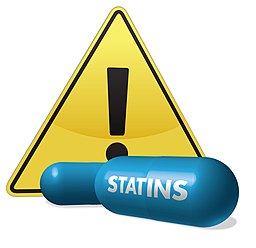
In 2012, the US FDA issued a warning about the risk of taking statin medications: 1) rare reports of serious liver problems in patients taking statin medications, 2) memory loss and confusion reported with statin use, and 3) increases in blood sugar levels with statin use. Patients taking statins should contact their physician if they experience unusual fatigue or weakness, loss of appetite, upper belly pain, dark-colored urine, or yellowing of the skin or the whites of the eyes.
Coenzyme Q10 Therapy Recommended in JACC Focus Seminar
The strongest endorsement to date of CoQ10 therapy for statin-induced myopathy was delivered at a 2021 focus seminar held by the Journal of the American College of Cardiology.
Drs. Raizner and Quiñones, both cardiologists at the Houston Methodist DeBakey Heart and Vascular Center, Houston, Texas, reviewed the research literature on the subject and concluded that “the weight of evidence as reflected in meta-analyses supports the use of exogenous CoQ10 in SAMS” [Raizner and Quiñones 2021].
Drs. Raizner and Quiñones note that the rationale for the adjuvant use of Coenzyme Q10 with statin-associated myopathy patients and with heart failure patients is “based on the observation that there is a tissue depletion of CoQ10 as a consequence of statin inhibition of the mevalonate pathway” [Raizner and Quiñones 2021].
They hypothesize that this tissue depletion of Coenzyme Q10 is “expressed in skeletal muscle as SAMS and in heart muscle as diastolic or systolic dysfunction” [Raizner and Quiñones 2021].
For Raizner and Quiñones, the tissue depletion in SAMS and in heart failure, “although independently identifiable, may be representative of a spectrum of a single pathophysiology in which different target organs are primarily affected” [Raizner and Quiñones 2021].
Moreover, although Coenzyme Q10 is not yet approved by the U.S. Food and Drug Administration for the treatment of these medical conditions, clinicians like Drs. Raizner and Quiñones are faced daily with “problems such as SAMS for which there is no definitive clinical evidence to guide treatment decisions. Yet, there is widespread acceptance among clinicians of the use of CoQ10 in SAMS” [Raizner and Quiñones 2021].
Meta-Analysis of Studies of Adjunctive CoQ10 Therapy for Statin-Associated Muscle Symptoms
A 2018 meta-analysis of 12 randomized controlled trials enrolling 575 study participants — 294 patients in the CoQ10 supplementation group and 281 in the placebo group — and published in the Journal of the American Heart Association shows that CoQ10 supplementation significantly ameliorates statin-associated muscle pain, muscle weakness, muscle cramps, and muscle fatigue [Qu 2018].
Norwegian Study of CoQ10 Therapy for Statin-Associated Muscle Symptoms
A 2013 study conducted in Norway shows that CoQ10 supplementation — 100 mg twice daily in separate servings — is associated with significant improvement of the symptoms of SAMS [Fedacko 2013]:
- The intensity of muscle pain decreased.
- Muscle weakness decreased.
- Muscle cramps decreased.
- Tiredness decreased.
There were no significant changes in the placebo group.
Conclusion: Coenzyme Q10 Therapy and Statin-Associated Myopathy
- Scientific evidence supports the use of CoQ10 supplements as an adjuvant therapy for statin-associated muscle symptoms and for amelioration of the symptoms of chronic heart failure.
- Not all CoQ10 supplements are formulated equally well, nor are they equally well absorbed. It is important to choose a CoQ10 product with documented absorption and bioavailability.
Sources
Fedacko J, Pella D, Fedackova P, Hänninen O, Tuomainen P, Jarcuska P, Lopuchovsky T, Jedlickova L, Merkovska L, Littarru GP. Coenzyme Q(10) and selenium in statin-associated myopathy treatment. Can J Physiol Pharmacol. 2013 Feb;91(2):165-70.
Qu H, Guo M, Chai H, et al. Effects of Coenzyme Q10 on statin-induced myopathy: an updated
meta-analysis of randomized clinical trials. J Am Heart Assoc. 2018;2:e009835.
Raizner AE, Quiñones MA. Coenzyme Q10 for Patients With Cardiovascular Disease: JACC Focus Seminar. J Am Coll Cardiol. 2021 Feb 9;77(5):609-619.
The information presented in this review article is not intended as medical advice and should not be used as such.
30 July 2022


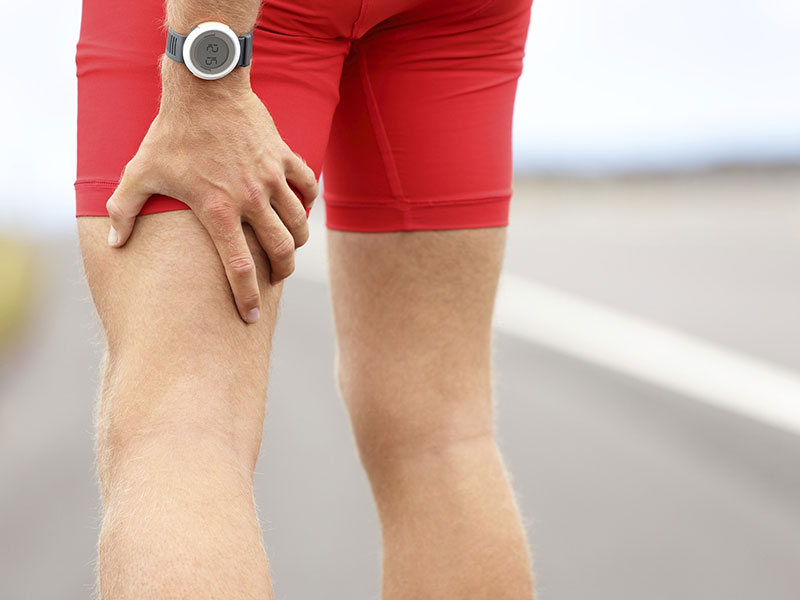
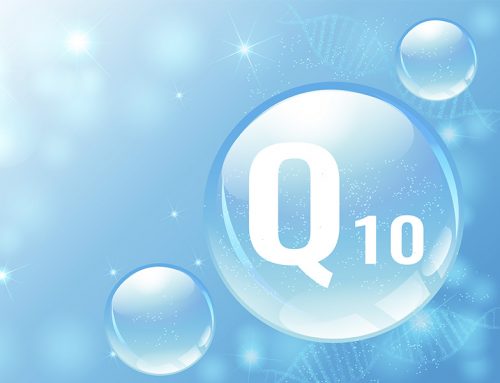
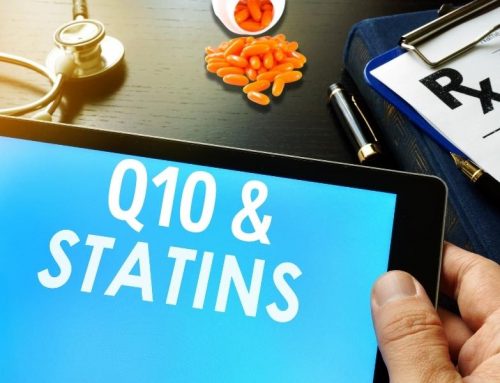
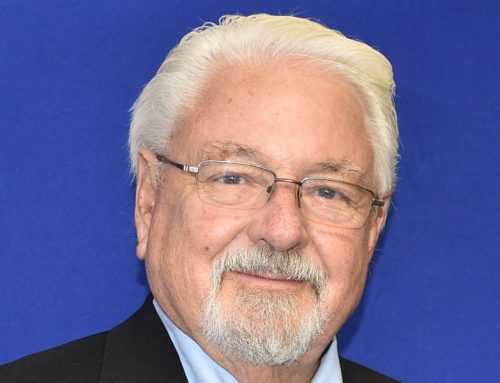
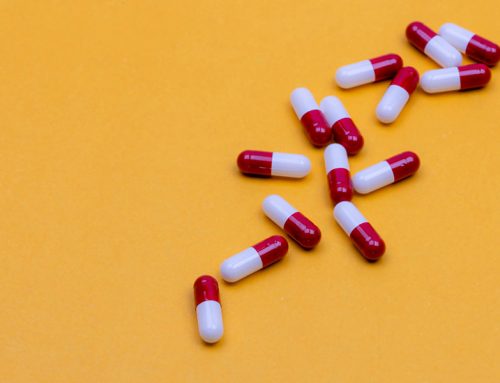
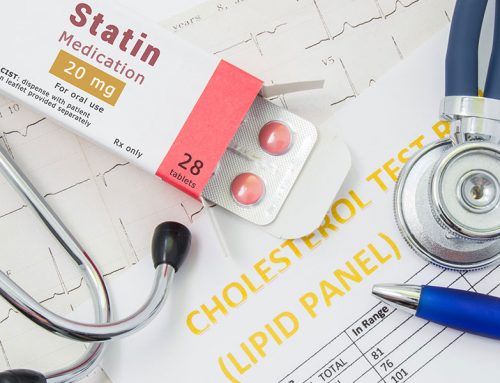

Leave A Comment